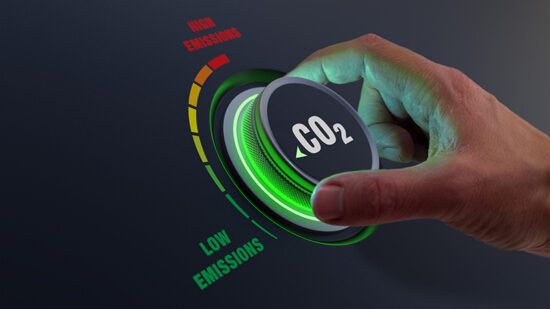Malaysia is set to become the first emerging market country to introduce a green taxonomy on banks to help tackle climate-related risks.
The country’s Central bank, Bank Negara Malaysia (BNM), has published a consultation paper on its plans to launch a Principle-based taxonomy – following in the footsteps of the EU and Canada which are currently developing their own taxonomy frameworks.
BNM said its paper serves as guidance to “facilitate financial institutions in identifying and classifying economic activities that could contribute to climate change objectives”.
“Bank Negara Malaysia takes the view that climate-related risk is a risk driver that has an impact on most of the commonly known risk types such as credit risk, market risk, liquidity risk, insurance risk, operational risk and strategic risk,” the paper states.
While the taxonomy is aimed at institutions supervised by BNM, including licensed banks, investment banks, Islamic Banks and licensed insurers, the Central bank said the framework could be used as a guide by other financial players such as asset management companies, rating agencies and research houses.
According to the paper, a taxonomy based on a “consistent and systematic classification of economic activities” would promote the channelling of financial flows to activities that support the mitigation of climate change, including transition towards low carbon and climate resilient businesses.
Under the proposed taxonomy, financial firms’ economic activities would be classified into six categories.
Category one, the highest performing level, comprises economic activities that support “substantial reduction or avoidance of greenhouse gas (GHG) emissions” or “increase resilience to mitigate the physical effects of climate change”. The classification also states that the overall business activities do not cause harm to the broader environment.
On the lower end, category six, would cover prohibited activities.
The middle categories in the classification system would recognise the early stages of transition towards a low carbon and climate resilient economy.
Malaysia has pledged to reduce its GHG emissions intensity by 45% by 2030 as part of the Paris Agreement 2015.
The country has seen more than 50 natural disasters in the past 20 years, resulted in over RM 8bn on losses and more than 3 million people affected through displacements, injuries and death.
BNM said it will engage with individual institutions on their plans and progress in implementing the Principle-based taxonomy, and is welcoming responses to the paper by 31 March 2020.








